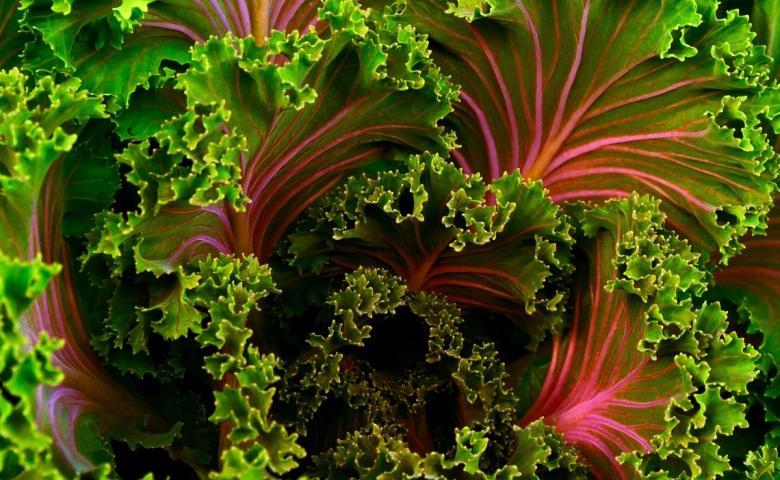The Challenges
While organic agriculture does not use harmful synthetic pesticides and herbicides, they are used in large amounts in industrial agriculture causing widespread environmental pollution. Human exposure to these substances and food contamination are also cause for concern.
In addition to harming our ecosystems, pesticides are also linked to a number of human health issues , ranging from short-term impacts such as headaches and nausea to chronic diseases and impaired cognitive development during pregnancy.
Moreover, low animal welfare standards in the global industrial livestock sector is driving systematic overuse of antibiotics in human and animal medicine undermining their ability to cure life-threatening infections in people, by creating dangerous microorganisms which are resistant to antibiotics.
According to the UN Special Rapporteur on the right to food, pesticides are responsible for an estimated 200,000 deaths from pesticide poisoning each year, 99% of which occur in developing countries. The widespread adoption of pesticides should therefore be regarded as a Human Rights issue, particularly regarding the Right to Food, as well as the Right to Health.
The Pesticide Action Network estimated that the number of people affected annually by short- and long-term pesticide exposure ranged between 1 million and 41 million.
In 2015, the world's most used pesticide, Glyphosate (commercially known as RoundupTM manufactured by Monsanto), was declared by the International Agency for Research on Cancer (IARC) as a probable human carcinogen.
The conventional livestock sector is responsible for 50-80 % of global antibiotic consumption. During the last decades, concerns have arisen about the decrease in efficiency of antibiotics resulting from the development of antibiotic-resistant bacteria and the related economic and social impacts on public health.
We need stronger policy frameworks that support food systems which sustain healthy ecosystems and provide safe and high-quality food for all while respecting the welfare of animals.
Organic agriculture supports by:
- Managing pests and diseases using a holistic approach that combines techniques such as crop rotation, biological control and adoption of organic inputs of very low toxicological concern.
- Forbidding the routine use of antibiotics and addressing the primary causes of infections and diseases in livestock production, in this way organic farming counteracts the insurgence of antibiotic-resistant bacteria.
- Providing safe food for pregnant and breastfeeding women





